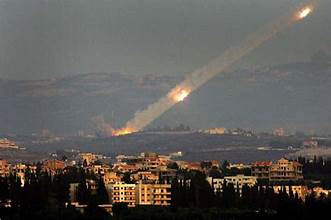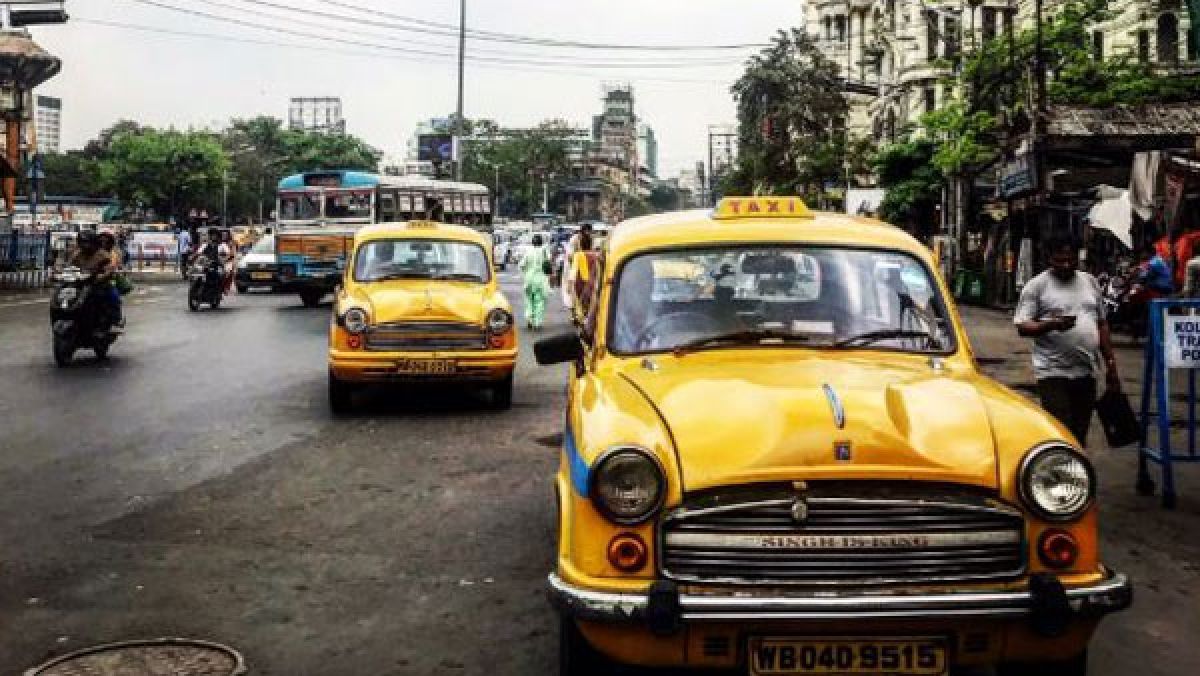
India launched missile strikes into Pakistani-controlled areas early Wednesday, resulting in at least 26 deaths, including a child. Pakistan’s leader condemned the attacks as an “act of war”. India stated that the airstrikes targeted militant infrastructure connected to a recent tourist massacre in Indian-administered Kashmir, a region long disputed by both countries. This region has been the backdrop for two previous India-Pakistan wars over its control.
In retaliation, Pakistan claims to have shot down several Indian fighter jets. Three of these planes reportedly crashed in Indian-administered Kashmir, according to local media. Additionally, seven civilians in the region were killed due to Pakistani shelling, as confirmed by Indian police and medics.
Escalating Conflict: India and Pakistan Exchange Fire
India’s airstrikes follow a terrorist attack that killed 26 people, mostly Indian Hindu tourists, in Kashmir’s popular meadows. India blames Pakistan for supporting the attackers, a claim Islamabad denies. Tensions between the two nuclear-armed nations are at a breaking point, with both sides exchanging intense military action.
Pakistan’s Prime Minister Shehbaz Sharif condemned the airstrikes, declaring that Pakistan would retaliate strongly. “Pakistan has every right to give a robust response to this act of war,” he said. The National Security Committee of Pakistan convened an emergency meeting, and the country’s diplomatic mission summoned India’s charge d’affaires for a formal protest.
Global Concerns and U.S. Advisory
In response to the growing conflict, the U.S. Embassy in Pakistan issued a security alert urging Americans to avoid areas near the India-Pakistan border due to the ongoing conflict and the heightened risk of terrorism. The alert also emphasized that Pakistani airspace was closed, causing widespread flight cancellations.
On a more positive note, several major Pakistani airports, including those in Islamabad, Lahore, and Karachi, resumed operations after the airstrikes, providing relief to anxious travelers like Dr. Wali Khan, who had been concerned about his flight.
India’s Military Action: A Measured Approach?
Indian Prime Minister Narendra Modi convened a meeting of his Cabinet Committee on Security in response to the escalating situation. Despite the military strikes, the Indian Defense Ministry claimed that the action was targeted, and India maintained that it was focused on terrorist infrastructure rather than Pakistan’s military assets.
India’s missiles struck six locations in Pakistan-administered Kashmir and Punjab province, killing at least 26 people, including women and children. An additional 38 people were injured. The strikes also damaged infrastructure, including a dam in Pakistan-administered Kashmir. Indian officials emphasized that the airstrikes were “focused, measured, and non-escalatory”.
Pakistan’s Retaliation and Military Losses
In a direct response, Pakistan claimed to have downed five Indian jets, though this has not been independently confirmed by India. Wreckage from the downed aircraft was scattered across multiple villages in Indian-administered Kashmir. There were reports of fire and explosions from the crashes, further heightening the region’s already fragile security situation.
Residents in these areas described terrifying scenes of explosions and fires. Srinagar resident Mohammed Yousuf Dar recalled hearing massive blasts and seeing large fires in the sky.
International Reactions
The United Nations and global powers have expressed concern over the escalating violence. UN Secretary-General Antonio Guterres called for maximum restraint, stressing that the world cannot afford a military confrontation between India and Pakistan.
China, an ally of Pakistan, also called for both countries to exercise restraint and avoid actions that could further escalate the situation. Meanwhile, Russia and the United Kingdom echoed these calls for peace and de-escalation, emphasizing the importance of regional stability.
Civil Defense Measures in India
In India, preparations for potential escalation included civil defense drills in several states, aimed at training both civilians and security personnel in responding to hostile attacks. This move highlights the growing concern over the possibility of wider military conflict.
Summary: A Volatile Situation
As tensions continue to mount, the India-Pakistan conflict over Kashmir remains one of the world’s most dangerous and volatile disputes. Both countries maintain substantial military forces, with nuclear weapons serving as a deterrent. However, the risk of conventional warfare remains high, and global leaders continue to urge restraint to prevent further escalation.
Key Takeaways:
- India’s missile strikes in Pakistan-administered Kashmir killed 26 people, escalating tensions.
- Pakistan’s military responded by downing Indian fighter jets.
- Global concern rises, with the U.N. and countries like China and Russia calling for restraint.
- Civil defense drills in India and U.S. travel warnings highlight the growing danger of the situation.
The situation remains fluid, with both nations bracing for further escalation in the disputed region of Kashmir.









